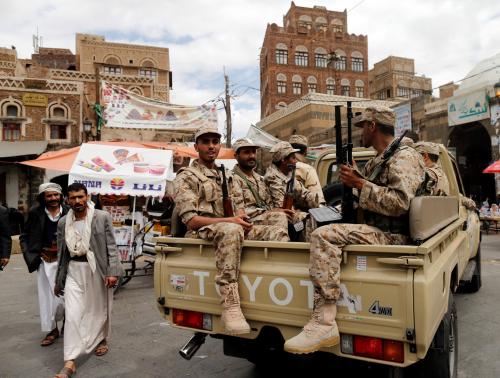Last October 29, the Republic of Turkey celebrated its 75th anniversary with an impressive show of republican sentiment and national pride. In streets and public places hung with hundreds of thousands of Turkish national colors and adorned with pictures of Kemal Atatürk, the “father of modern Turkey,” flag-waving crowds in Turkey’s large cities celebrated by chanting Kemalist slogans. The clear impression was of a united and stable country that has successfully negotiated a comprehensive social and political modernization.
Political developments of the past decade in and around Turkey, however, reveal a different picture. At home, the political center has weakened in the face of political movements, especially political Islam and the Kurdish question, that challenge the Kemalist model of a secular republic and the unitary nation and state.As the erosion of the traditional Westernoriented political center has accelerated, more extreme views have been established on the political scene. In Turkey’s parliamentary elections of April 18, parties such as the ultra-nationalist Nationalist Action Party, the Islamist Virtue Party, and the pro-Kurdish People’s Democracy Party gathered a combined vote of almost 40 percent.The moderate parties of the center-right and center-left that once won about 75 percent of the electorate took only about 57 percent of the national vote. The continuous growth of the Islamist forces and Kurdish insurgency has made the military increasingly influential in Turkish politics: national stability now comes at some significant cost to Turkish democracy.



Commentary
Turkey Toward 2000: In Search of National Consensus and a New Political Center
June 1, 1999